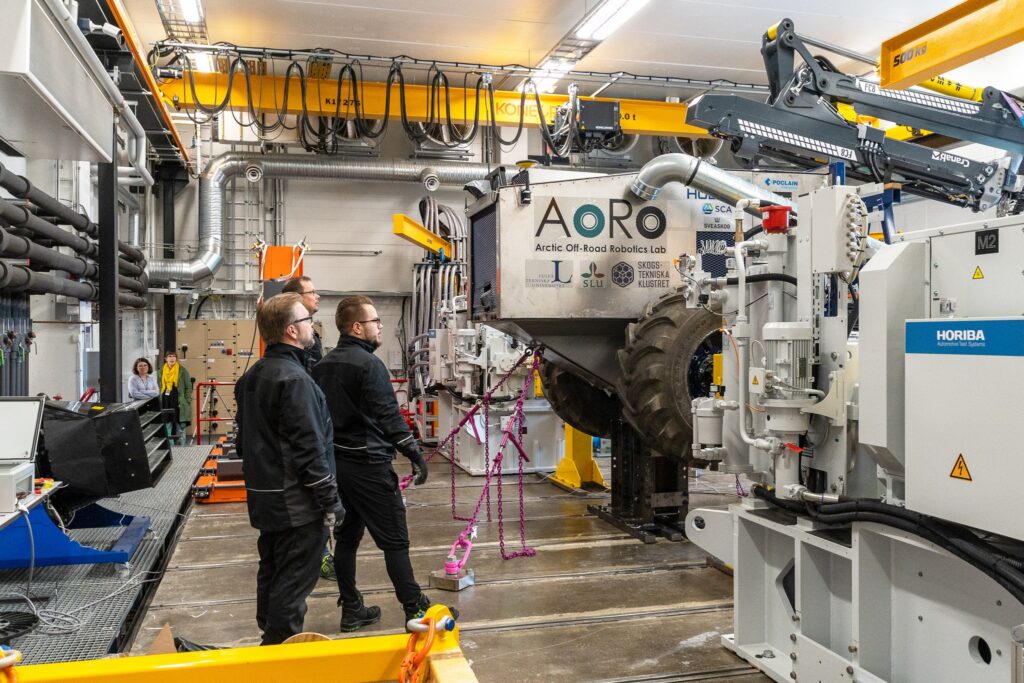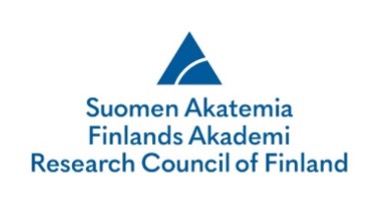
GO! RI – Glocal interdynO Research Infrastructure
1 January 2023 - 31 December 2025
Engineering and Engineering Trades

The GO! RI project aims to enhance capabilities to support the development of environmentally friendly work machine technology
The GO!-RI project complements NUVE-LAB’s capabilities in supporting research on zero-emission power sources, energy-efficient power transmission lines, and autonomous driving. The goal of the GO!-RI project is to develop and leverage innovations, particularly in terms of digitalization. The speed and ability of companies to deliver new, tested solutions to the market depend on their ability to utilize digital design tools: digital twins, simulations, and the ability to collaborate with other companies already in the digital design phase. Through digital design and simulation, companies can significantly reduce product development costs. In the project, Oulu University of Applied Sciences also acquires and implements equipment for research and development of environmentally friendly power sources and energy-efficient power transmission systems.
Key acquisitions in the GO!-RI project include:
- 2-channel battery emulator
- comprehensive and versatile measurement system enabling the production of efficiency maps for electric power lines
- device set for researching and testing individual electric motors (up to 1.2 MW) and concept-level power transmission lines
- capability to support the development of hydrogen and gas applications
Oulu University complements NUVE-LAB’s digital capabilities, enabling digital design collaboration and expediting the commercialization of new, tested products.
Funding
Funded by the Academy of Finland – NextGenerationEU
Collaboration
The project is coordinated by Oulu University of Applied Sciences. The following research groups from the University of Oulu are participating in the project: Intelligent Machines and Systems, Prof. Toni Liedes, and Empirical Software Engineering, Prof. Tero Päivärinta.

